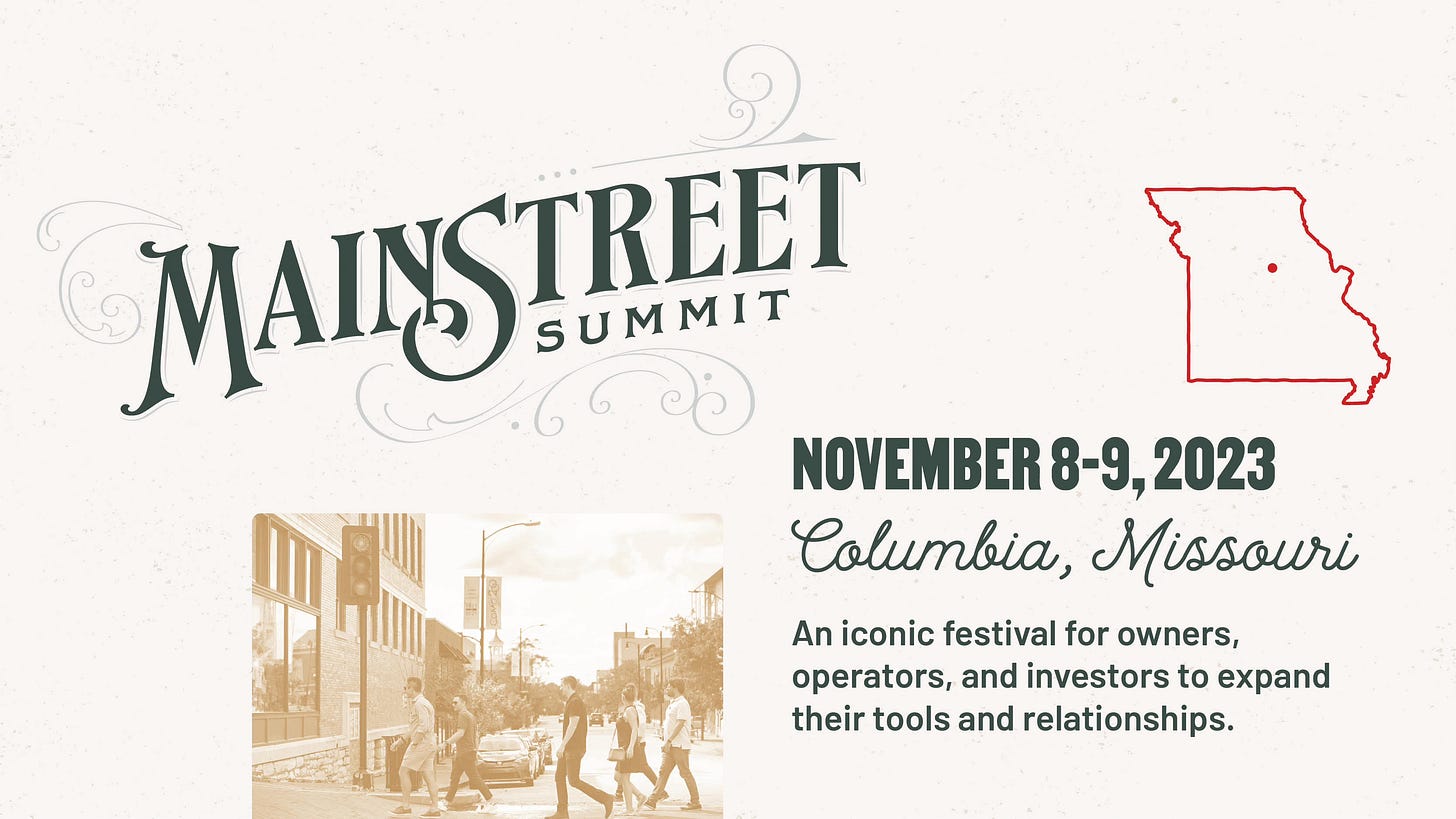Letters of Intent - Every Deal Dies 3 Times
Welcome to our new readers and thanks to our 1,067 returning ones!
Finding Opportunities is Hard, But So Is Closing
Finding a good business to buy at a fair price is a Herculean challenge. But it does happen. The process of getting that deal across the finish line, however, is seldom smooth. In fact, there’s an old adage among dealmakers that every deal will die at least three times before it closes. This note explores the three main categories that lead to deal failure.
Category #1: Time
Another saying frequently shared by deal professionals is that time kills deals. This is true. Sellers get cold feet, or become exhausted, or something in the business can change (for better or worse, see #3 below) and cause either party to back out. Buyers can also become distracted or find a better opportunity in which to invest their capital. Moving quickly and purposefully, along with regular, clear communication helps to signal a high-level of interest and professionalism that builds trust and confidence that both parties are intending to perform their respective duties.
Category #2: Emotions
Both buyers and sellers of small companies bring a lot of emotion to the deal table. It is a roller coaster of a ride to get through the entire experience and I’ve yet to meet anyone who didn’t have wide emotional swings during the process. Emotions can be triggered by almost anything: a first impression, a flippant comment on a call, a boilerplate term in a draft legal document, or something from someone’s personal life that impacts their mood. Whatever the cause, if one party begins to sour on some aspect of the deal or begins to dislike or mistrust their counterparty, it can fester and grow to the point that the deal unravels. Once again, establishing a basis of transparent and prompt communication can nip many of these issues in the bud.
Category #3: Facts (and their interpretation)
Emotions are messy. Facts can be, too. For example: There are lots of details in drafting legal documents related to the sale or purchase of a company. The interpretation of the meaning of a word or phrase may differ from one person to another. If that particular language is important, watch out. In the midst of an acquisition, things are moving fast with a lot of materials being passed back and forth, so it isn’t uncommon for people’s attention to lapse or for details to get missed or forgotten. These things can then resurface when people start to intensely focus on the exact parameters of the commitments and representations they are making, sometimes to the point that it leads to the cancellation of a deal.
Another example of where facts can derail a process is when the performance of the company between the signing of a letter of intent (LOI) and the closing changes materially. This could be related to a material customer loss, a downturn in the market, overly optimistic projections, or, on the flip side, outperformance that makes a seller feel entitled to a higher price than that to which they had agreed. The point being, material changes in performance or in important aspects of the company’s operations can also cause a deal to temporarily or permanently unwind.
Disagreement over what could generally be considered ‘facts’ is a challenging situation to manage through successfully. If different perspectives exist using the same set of data, it is possible that there is no reasonable path forward. When there is, it may require concessions from one or both parties (e.g., a change in price or terms).
As with the other categories, moving swiftly and surely and practicing good communication throughout the deal can mitigate the risks, but not entirely eliminate them.
Forewarned is Forearmed
Now that you know some of the root causes of deals dying, hopefully you can work to spot potential signs of trouble sooner and to catch and address them before they become critical.
There’s no foolproof method of eliminating every possible way a deal can fall apart, but with an understanding of the most common reasons, the odds of a deal only dying once or twice before a closing becomes slightly more likely. 😀
A New Event That We’re Very Excited About!
There’s an exciting new event focused on owners, operators, and investors in small companies coming up later this year: Main Street Summit.
I’ve attended the Capital Camp event that Brent Beshore and Patrick O’Shaughnessy and their team host each year and it is a 1st class production in every way. That same group is organizing this gathering, too, and I expect this to be run to the same high standard. Happily, the price point is on the more affordable end of the spectrum relative to other similar events (tickets start at $500).
Spaces are likely to go fast, so if this is of any interest at all, I’d encourage you to sign-up soon (see link below). We’ll be there - and likely participating as part of the agenda in some manner - and are excited to help kick this off and meet and connect with others who enjoy all things SMB-related.





